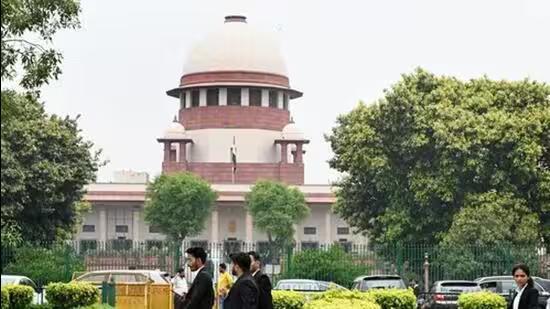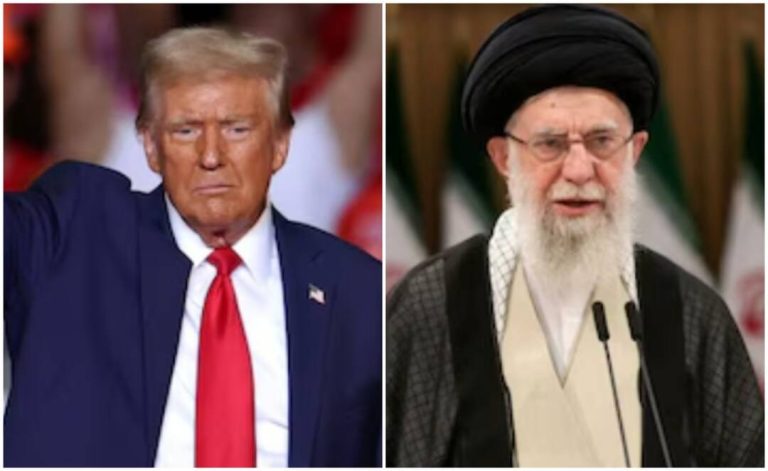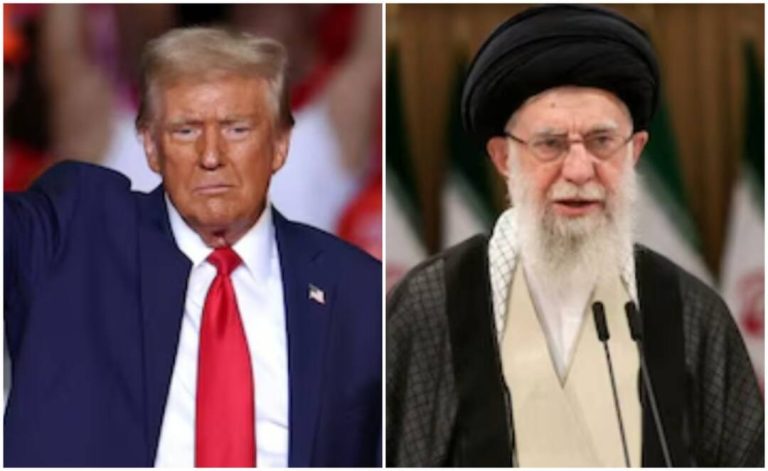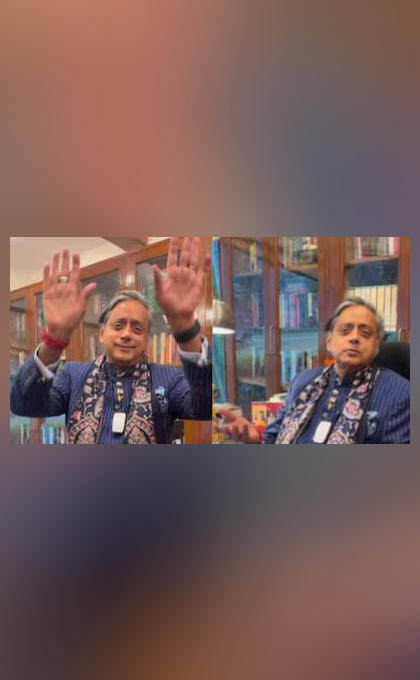
He is a misfit for Indian Army: SC on Christian officer who refused to enter temple
The Indian Army is known for its secular and inclusive environment, where soldiers from diverse backgrounds and faiths come together to serve the nation. However, a recent incident has highlighted the importance of respecting and embracing this diversity. The Supreme Court has made a significant remark about a Christian officer, Samuel Kamalesan, who refused to enter the sanctum sanctorum of his regiment’s “sarv dharm sthal” (a place of worship for all religions). The Court has stated that Kamalesan is a “misfit” for the Indian Army, emphasizing that his actions are not in line with the Army’s collective ethos.
The incident in question took place when Kamalesan, a Christian officer, was asked to enter the sanctum sanctorum of his regiment’s “sarv dharm sthal” as part of a ceremonial event. However, he refused to do so, citing his Christian faith as the reason. This refusal was seen as a breach of Army discipline and protocol, which emphasizes the importance of respecting and participating in religious ceremonies of all faiths.
The Supreme Court’s remark that Kamalesan is a “misfit” for the Indian Army is significant, as it highlights the importance of secularism and inclusivity in the Armed Forces. The Court noted that while Kamalesan may be a good individual in many ways, his refusal to respect and participate in the religious ceremonies of other faiths makes him unsuitable for the Indian Army. The Court also referred to him as a “cantankerous man,” suggesting that his behavior is not only unbecoming of an Army officer but also disruptive to the collective ethos of the Armed Forces.
The Indian Army has a long tradition of secularism and inclusivity, where soldiers from different faiths and backgrounds come together to serve the nation. The Army’s “sarv dharm sthal” is a symbol of this inclusivity, where soldiers of all faiths can come together to worship and participate in religious ceremonies. By refusing to enter the sanctum sanctorum, Kamalesan was not only disrespecting the religious beliefs of his fellow soldiers but also undermining the Army’s secular ethos.
The Supreme Court’s decision is a reminder that the Indian Army is not just a fighting force, but also a symbol of national unity and secularism. The Army’s secular ethos is not just a matter of protocol, but a fundamental aspect of its identity and purpose. By emphasizing the importance of respecting and participating in religious ceremonies of all faiths, the Court is reinforcing the Army’s commitment to secularism and inclusivity.
The incident also raises important questions about the role of religion in the Indian Army. While the Army is a secular institution, it also recognizes the importance of religion in the lives of its soldiers. The “sarv dharm sthal” is a symbol of this recognition, where soldiers of all faiths can come together to worship and participate in religious ceremonies. However, this recognition must be balanced with the need to maintain a secular ethos, where no single faith is privileged over others.
In conclusion, the Supreme Court’s remark that Kamalesan is a “misfit” for the Indian Army is a significant one, highlighting the importance of secularism and inclusivity in the Armed Forces. The incident serves as a reminder that the Indian Army is a symbol of national unity and secularism, where soldiers from diverse backgrounds and faiths come together to serve the nation. By emphasizing the importance of respecting and participating in religious ceremonies of all faiths, the Court is reinforcing the Army’s commitment to secularism and inclusivity.
The Indian Army’s secular ethos is not just a matter of protocol, but a fundamental aspect of its identity and purpose. It is what sets the Army apart from other institutions and makes it a symbol of national unity and pride. By upholding this ethos, the Supreme Court is ensuring that the Army remains a secular and inclusive institution, where soldiers of all faiths can come together to serve the nation.
As the Indian Army continues to evolve and grow, it is essential that it remains committed to its secular ethos. This means recognizing the importance of religion in the lives of its soldiers, while also maintaining a secular environment where no single faith is privileged over others. By doing so, the Army can continue to serve as a symbol of national unity and secularism, where soldiers from diverse backgrounds and faiths can come together to serve the nation.






